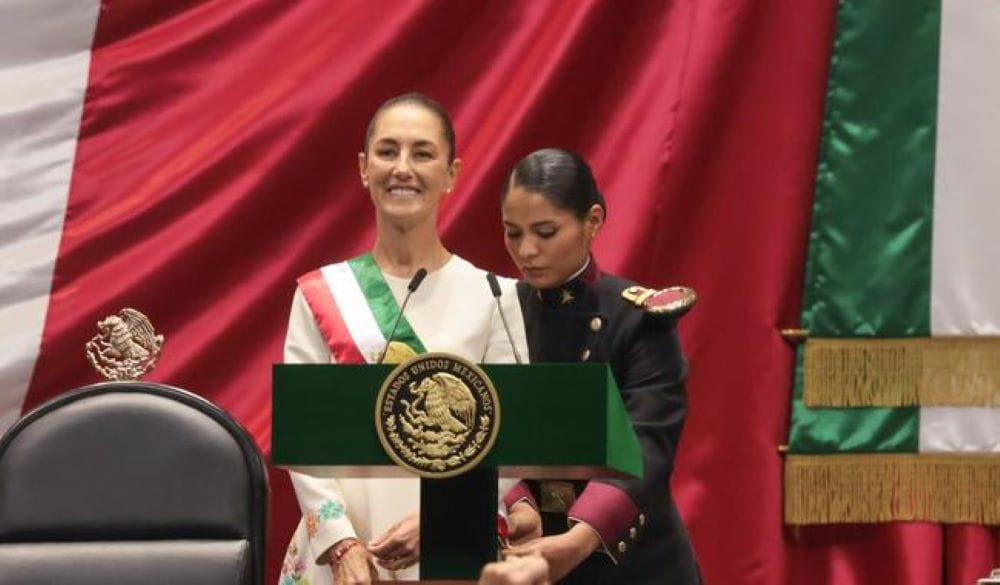Claudia Sheinbaum Leads Mexico’s Bold Fourth Transformation
Claudia Sheinbaum was sworn in as Mexico's first female president, marking the start of the Second Stage of the Fourth Transformation. She vowed to continue AMLO’s social reforms, empower women, and promote Mexican Humanism—focusing on equality, justice, democracy, and welfare for all citizens.

In the historic chambers of the Mexican Congress, a quiet sense of anticipation filled the air on October 1, 2024, as Claudia Sheinbaum Pardo took her oath as the first woman to serve as the Constitutional President of Mexico. This moment, marked by a profound recognition of the weight of the occasion, symbolized not just a personal milestone for Sheinbaum, but a turning point for the nation. With her inauguration, the Second Stage of the Fourth Transformation of Public Life in Mexico began—an era that promises to reshape the country’s future under the leadership of women and the principles of Mexican Humanism.
Sheinbaum's words echoed throughout the hall: "Today, after 200 years of the Republic and 300 years of the Colony... for the first time, women come to lead the destiny of our beautiful nation." Her statement was not just a declaration of political victory, but an acknowledgment of the countless women who, across centuries, have fought, dreamed, and toiled in silence for this very moment.




